How To Be Authentic In Your Personal Brand
What is Authenticity?
Simply put, the definition of authentic is of undisputed origin; genuine. In other words, not fake. Authenticity, then, is about being yourself. Flaws and all. Figuring out how to be authentic in your personal brand can feel like a mystery. These questions are here to help you dig deeper on your authentic self so you can bring that to your personal brand.
Questions to ask yourself to become more authentic
The first rule of personal branding is to stay true to yourself and recognize your own boundaries. If you don’t know what your boundaries are then ask yourself a few questions to get started.
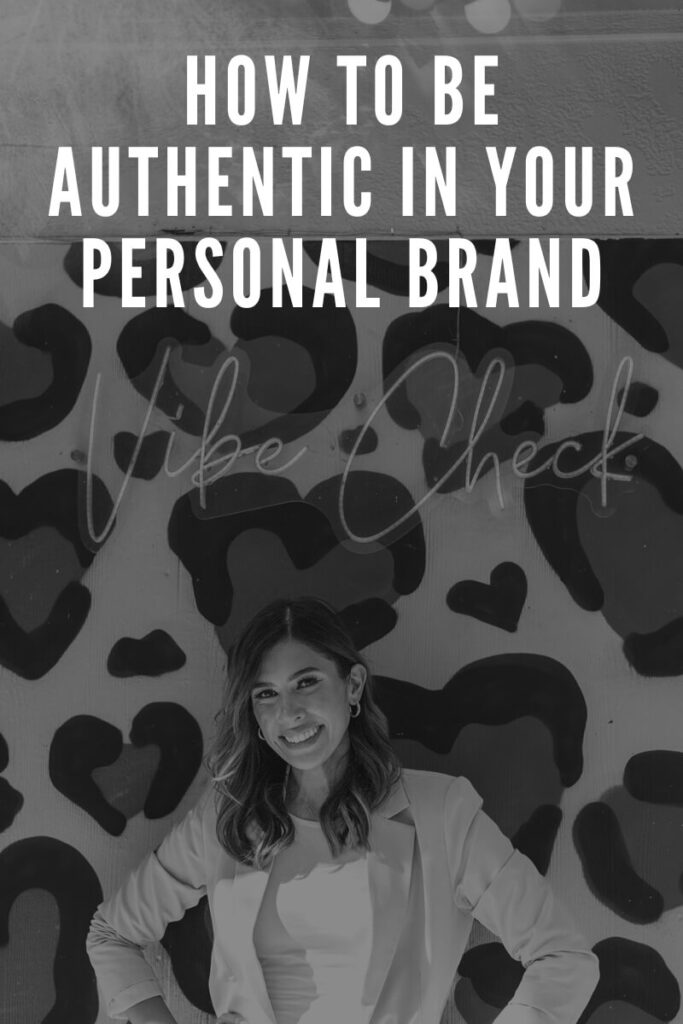
What am I comfortable sharing about myself?
People buy from other people. You can create a beautiful product or service and never show your face, but it will only be a matter of time before you see the same product or service being offered from someone else. You need to tell people why they should buy from you — personally.
What sets you apart? What are things that you enjoy doing? What are your values? How do your friends describe you? What’s your favorite food? What are your brand colors? A personal brand is a chance to bring your personality into the mix. Now think about how this information lands with your ideal client. If your customers are mostly men aged 25-35 you wouldn’t want to share your top five breastfeeding tips.
If you’re feeling stuck, be sure to read this article I wrote on defining your personal brand.
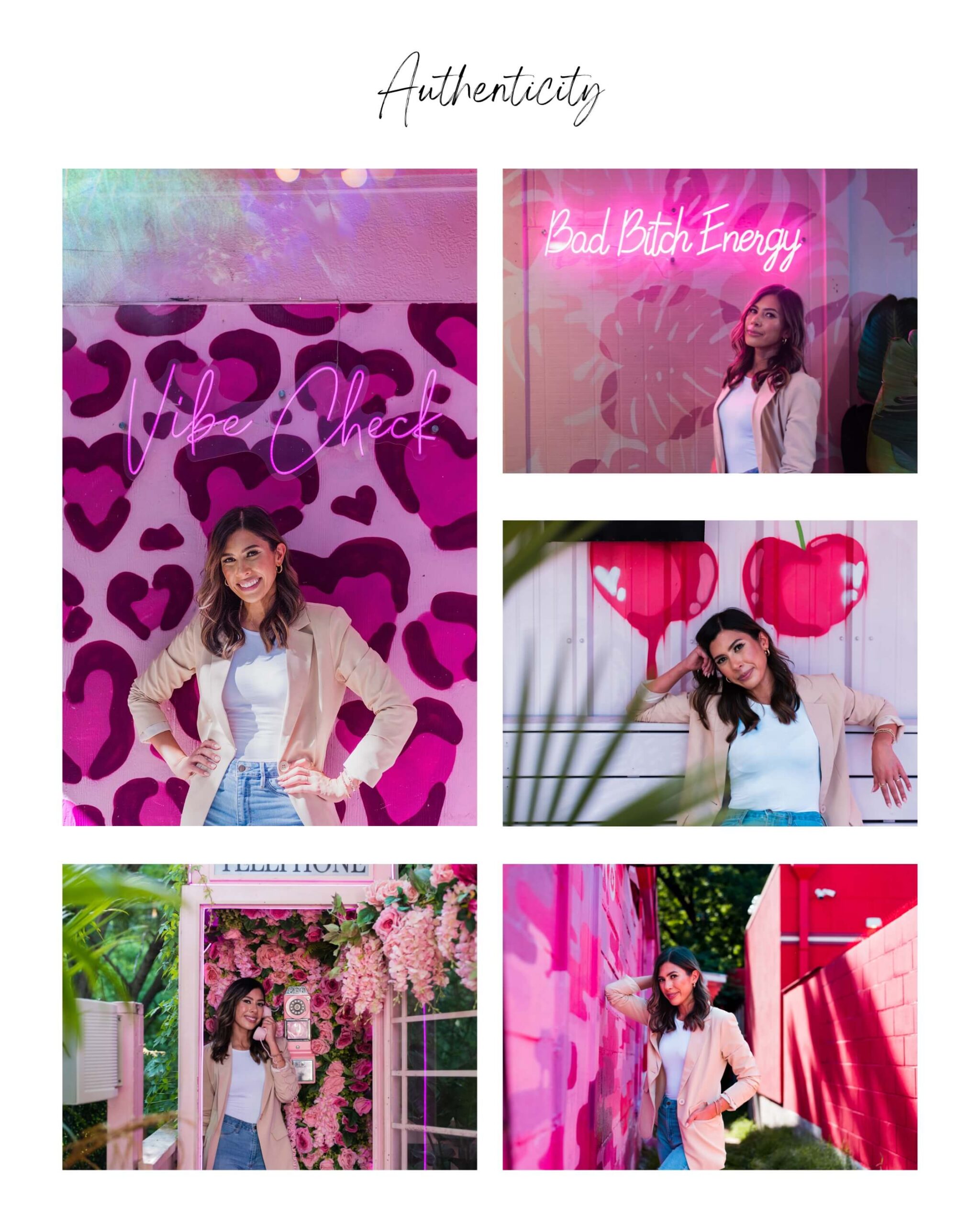
What am I uncomfortable sharing about myself and (more importantly) why?
This question is a perfect way to dig for more information on yourself. If you already have ideas of topics you don’t want to discuss for your personal brand get out a notebook or open up word and start listing out the reasons why. This exercise helps you identify where you feel vulnerable.
Brené Brown defines vulnerability as “the feeling we get during times of uncertainty, risk, or emotional exposure.” She also writes, “Being vulnerable doesn’t mean oversharing. Vulnerability minus boundaries is not vulnerability. We share with people we trust.”
I am not saying to hide your imperfections or mistakes, quite the opposite actually. People who are not perfect are relatable. When you share about your real authentic self it breeds trust with your customers. Over time you will feel more and more comfortable embracing vulnerability, but you have to start somewhere.
Know thyself.
– Socrates




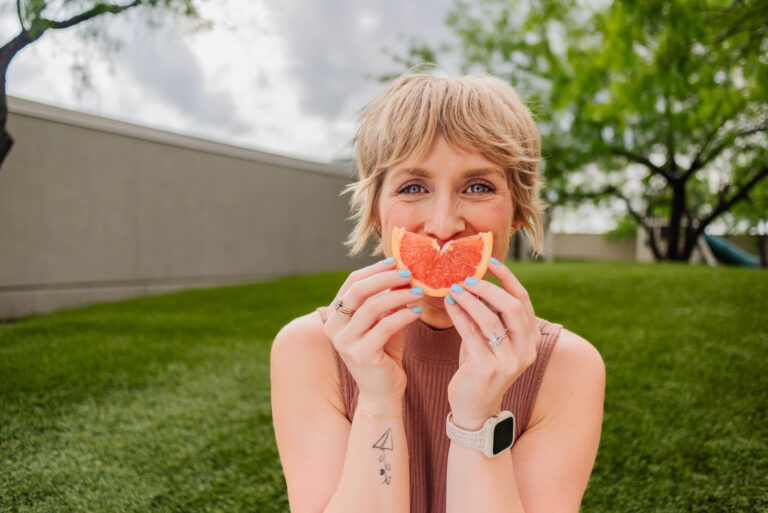
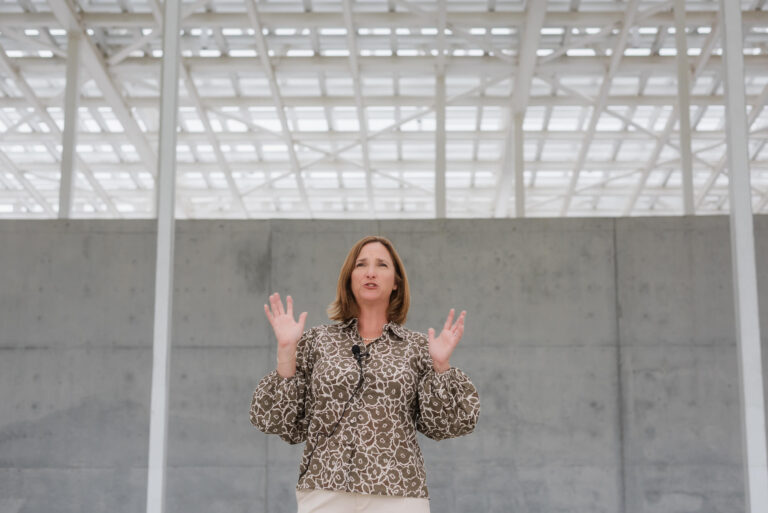
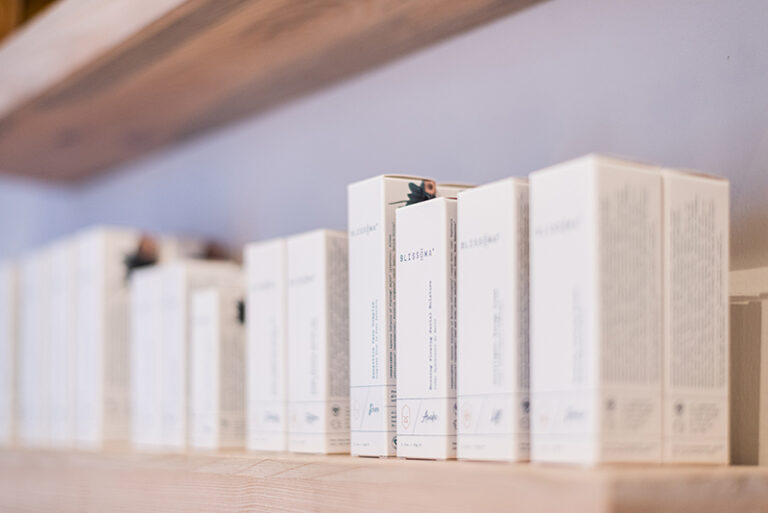

One Comment